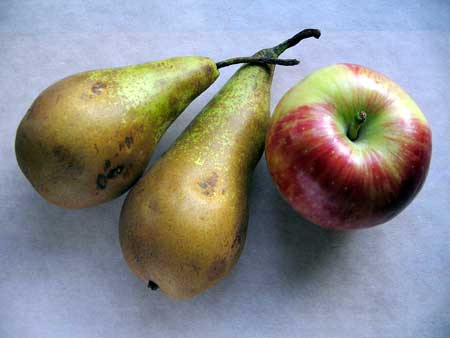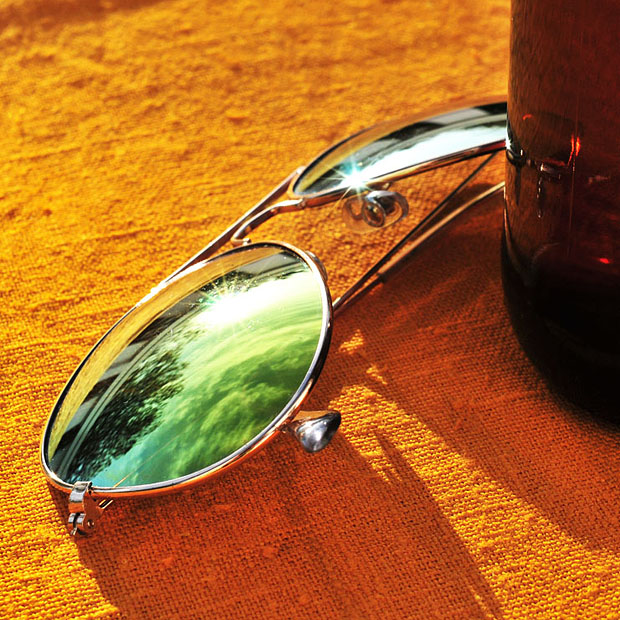
Glutamic acid in tomatoes and parmesan
Pure mono sodium glutamate from Taiwan A recent article (found via Harold McGee’s News for curious cooks) featuring Heston Blumenthal as a co-author emphasizes the huge difference in glutamic acid contents between the flesh and pulp of tomatoes. Glutamic acid…








